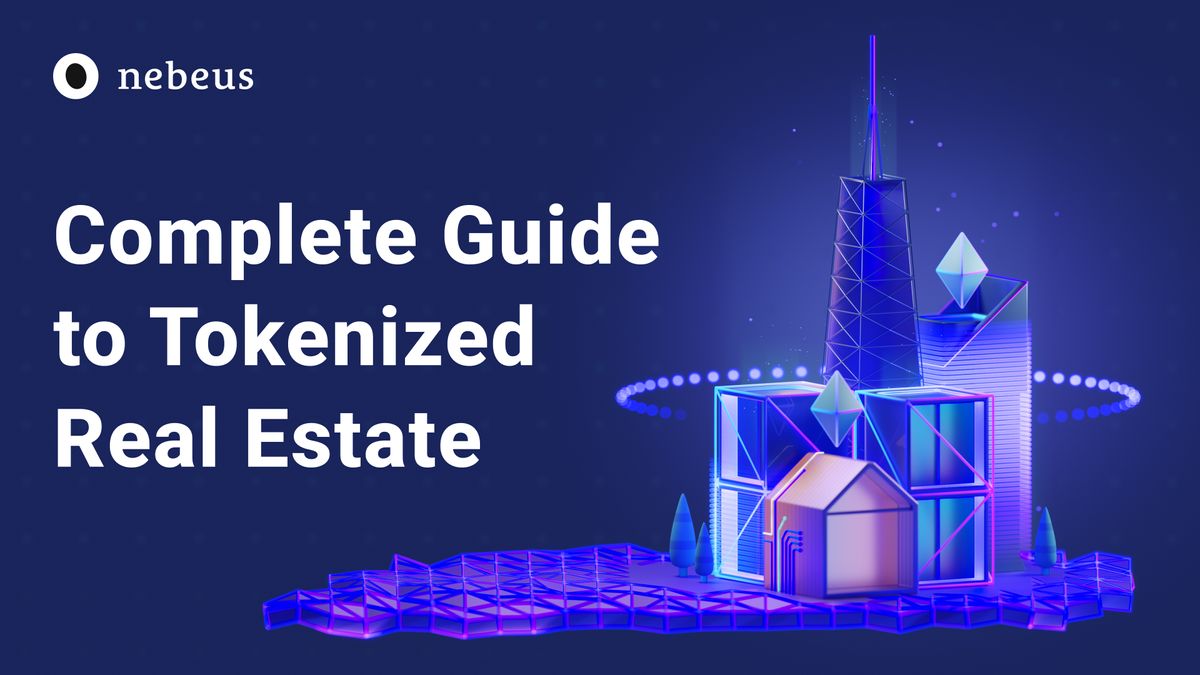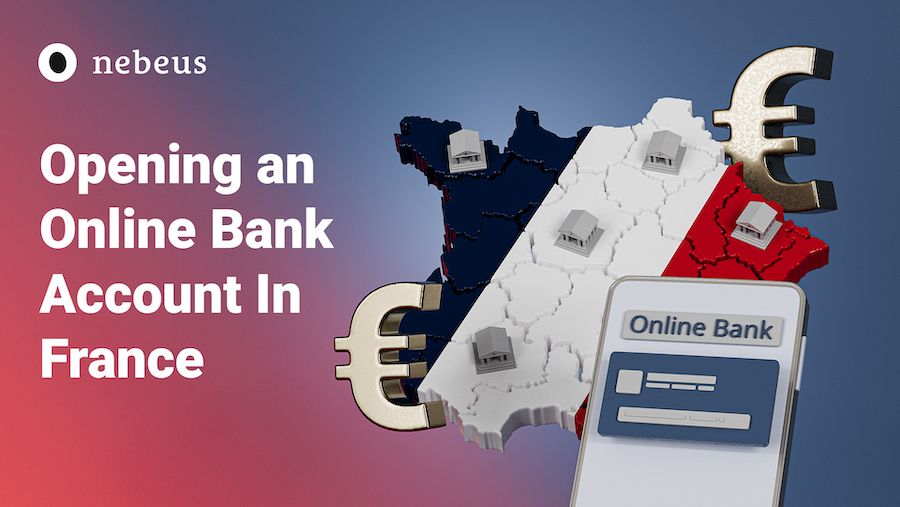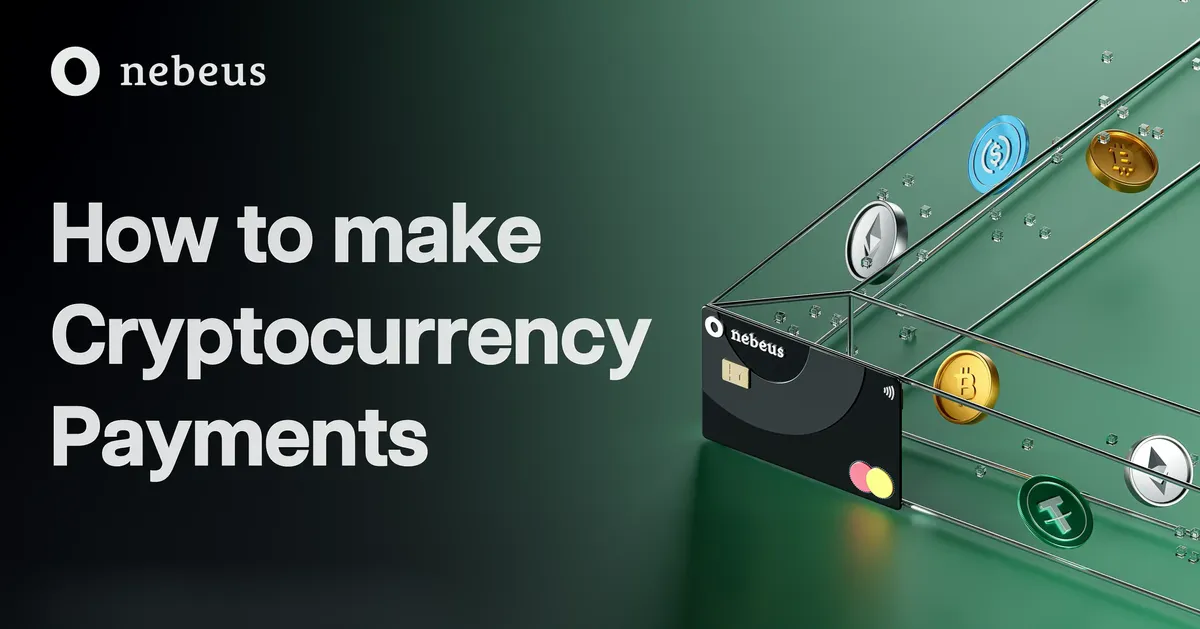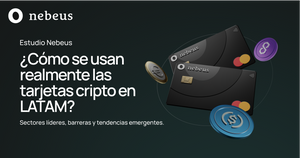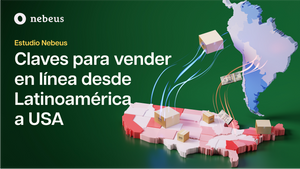What is the tokenization of real estate?
Real estate tokenization is an innovative process reshaping the real property landscape by converting ownership into digital tokens on a blockchain.
Each token represents a portion of the property's value, effectively turning physical real estate into tradeable digital assets.
This enables property owners to sell fractions of a real estate asset, while buyers can invest in real estate with lower upfront costs.
What is an example of real estate token?
A notable example of real estate tokenization is the St. Regis Aspen Resort in Colorado, that illustrates the potential of digital securities markets.
In 2018, this luxury resort tokenized 18.9% of the real estate property through an Initial Coin Offering (ICO), raising $18 million in the process. Investors could buy "Aspen Coins" which represented shares in the property.
This allowed a broader group of retail investors to own a piece of this luxury property, illustrating the potential of tokenized real estate to democratize traditionally exclusive markets, and allowing small scale investor participation.
How does blockchain technology and smart contracts relate to tokenized real estate investing?
Understanding the relationship between blockchain technology and the tokenization of real estate is crucial for grasping the full potential and security of this innovative approach.
At its core, blockchain is a decentralized and distributed ledger system that records digital transactions in a transparent, immutable, and chronological manner. Each block contains a number of transactions, and once full, a new block is created, linked to the previous one, forming a chain, gaining digital ownership.
One of the main challenges in traditional real estate transactions is trust. Blockchain mitigates this issue by providing a transparent record of ownership. Every transaction, once recorded on the blockchain, becomes public knowledge, making any fraudulent activity easily detectable.
Smart contracts, a cornerstone of blockchain technology, are self-executing contracts with the terms of agreement directly written into code.
In real estate tokenization, smart contracts can automate various processes such as property transfers, dividend distribution, and more, making transactions faster, more efficient, and less prone to human error.
While real estate tokenization is the future-facing solution to many traditional real estate challenges, it's the robustness of blockchain technology and its smart contracts that provides the security, transparency, and efficiency required for this revolution to truly take hold.
Why tokenize real estate assets?
Real estate tokenization assets can introduce liquidity to an otherwise illiquid market.
Traditional real estate transactions can be lengthy and cumbersome, with numerous intermediaries and hefty fees.
Tokenization streamlines this process, breaking down barriers to entry and offering a modern approach to real estate investment.
What are the benefits of real estate tokenization?
Liquidity
By converting real estate assets into digital real estate tokens, property owners can liquidate portions of their assets more easily.
Investors can buy and sell these real estate tokens on secondary markets, offering unprecedented flexibility and liquidity in the real estate domain.
Accessibility
Tokenization democratizes quality real estate investment.
With traditional models, real estate investments often required significant capital.
However, by purchasing real estate tokens, individuals can invest in properties via real estate tokenization with a much smaller capital outlay, opening the door to a wider pool of investors.
Transparency
Blockchain technology, which underpins real estate tokenization, offers transparent and immutable records.
Every transaction related to the property, from initial sale to rental income distribution, can be audited.
Diversification
Investors can spread their real estate investing across multiple properties without needing significant capital, allowing them to hedge against risks and enjoy the benefits of a diversified real estate portfolio.
Global Transformation
Real estate, being one of the oldest and most significant asset classes, has a profound impact on global economies. Introducing tokenization to this sector can bring transformative changes:
Encouraging Sustainable Development
With greater transparency brought about by blockchain, investors can have clearer insights into the sustainability practices of real estate projects. Over time, this could incentivize developers worldwide to adopt eco-friendly and sustainable practices to attract more investments.
Potential for New Financial Products
As tokenized real estate becomes more common, we may see the emergence of, unique real estate developments, new financial products and services tailored for this market. Real estate-backed digital bonds, hybrid tokens combining various assets, or even global real estate mutual funds are all potential innovations on the horizon.
Limitations of real estate asset tokenization
Regulatory Challenges
As with many innovative financial instruments, real estate tokenization faces regulatory scrutiny.
Different countries have different regulations concerning the tokenization of real estate assets, and navigating this legal landscape can be complex.
Market Adoption
Although the concept of real estate tokenization is gaining traction, it's still a relatively new model.
This means there might be a lack of understanding or trust among traditional real estate investing professionals, leading to hesitation in market adoption.
Technology Learning Curve
The concept of blockchain and tokenization can be daunting for traditional real estate investing professionals, leading to hesitance in adoption.
Dependence on Technology
Tokenized assets rely heavily on digital platforms and technology.
Any systemic failure or cybersecurity breach could affect the asset's value and trustworthiness.
How does real estate tokenization work?
The process begins by dividing the property into shareable units represented by tokens.
These tokens are then sold to investors, either through private sales or on public exchanges.
Using blockchain technology, the ownership and transactions of these tokens are securely recorded and verified, ensuring transparency and authenticity.
As the property generates revenue (e.g., through rent), token holders receive their share of the profits based on the number of tokens they hold.
How do I Tokenize my property?
- Assessment: Begin with a thorough evaluation of your property to determine its current market value.
- Choose a Platform: Research and select a blockchain platform that specializes in real estate tokenization. Popular platforms include Ethereum, Stellar, and Tezos.
- Legal Compliance: Engage with real estate legal professionals to ensure that the tokenization process adheres to local and international regulations.
- Token Creation: With the aid of the platform and possibly developers, create the digital tokens that represent shares of your property.
- Sell Tokens: Launch a campaign to sell your tokens, either privately or through public exchanges.
- Manage & Distribute Profits: If the real estate property generates revenue, distribute earnings to token holders based on their share.
The future of real estate tokenization
As blockchain technology matures and regulatory environments adapt, real estate tokenization is poised for significant growth.
Future trends might include the rise of real estate token exchanges, where investors can easily trade real estate security tokens of various properties.
We may also see more complex financial instruments emerging, like real estate token index funds or derivatives.
Furthermore, as more people become familiar with digital currencies and tokens, the mainstream adoption of tokenized real estate could very well redefine the way we think about property ownership and investment.
Conclusion
Tokenized real estate presents a transformative approach to property investment.
By marrying the age-old real estate market with cutting-edge blockchain technology, real estate tokenization offers enhanced liquidity, accessibility, and transparency.
While there are still challenges to overcome, especially in terms of regulation and widespread adoption, the potential benefits of fractional real estate investment make it an exciting frontier for investors and property owners alike.
You can sign up for a Nebeus account to join the future of finance.
La inversión en criptoactivos no está regulada, puede no ser adecuada para inversores minoristas y se puede perder la totalidad del monto invertido.


